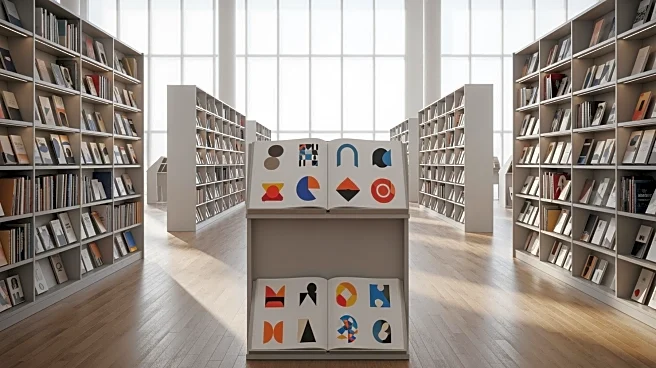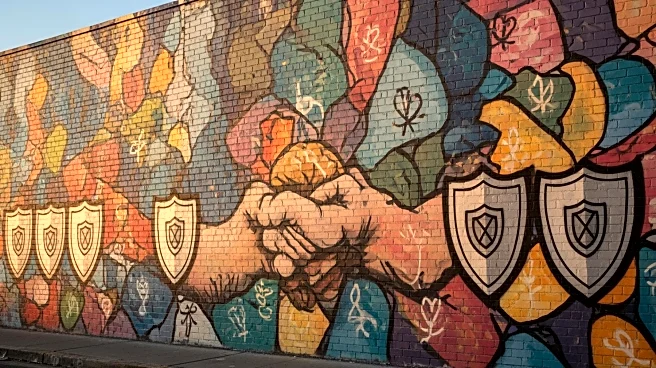Rapid Read • 7 min read
Seoul, South Korea, is a city where traditional and Confucian values coexist with modernity. The city's culture emphasizes family values, respect, and obedience toward individuals with higher status, rank, or age. Common etiquette practices include removing shoes before entering homes, greeting with a bow and soft handshake, and using both hands when giving or receiving objects. Dining etiquette involves starting meals with the eldest and avoiding certain actions with chopsticks. Understanding these cultural norms can enhance interactions and impressions when visiting Seoul.
AD
Understanding Korean etiquette is crucial for fostering positive interactions and relationships in Seoul, especially for foreigners. These cultural practices reflect deep-rooted values that influence social dynamics and business interactions. For international visitors and expatriates, adapting to these norms can facilitate smoother integration into Korean society and improve communication. Businesses operating in Seoul can benefit from cultural awareness, enhancing their reputation and fostering trust with local partners and clients.
As Seoul continues to attract international visitors and businesses, there may be increased efforts to educate newcomers about Korean cultural norms. This could involve more comprehensive guides and workshops on etiquette and cultural practices. Additionally, businesses may incorporate cultural training programs to ensure employees are well-versed in local customs, promoting harmonious interactions and collaborations.
The emphasis on etiquette in Seoul highlights broader cultural dynamics in South Korea, where traditional values play a significant role in shaping social interactions. This cultural continuity amidst modernization reflects the country's ability to preserve its identity while embracing global influences. Understanding these dynamics can provide insights into South Korea's societal structure and its approach to international relations.
AD
More Stories You Might Enjoy










